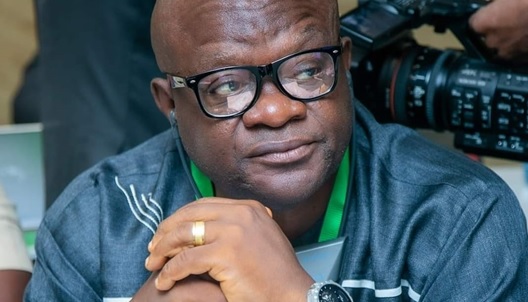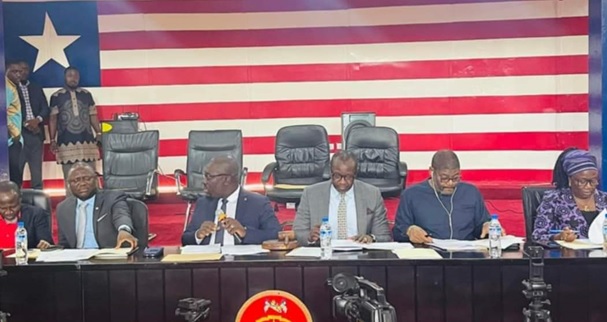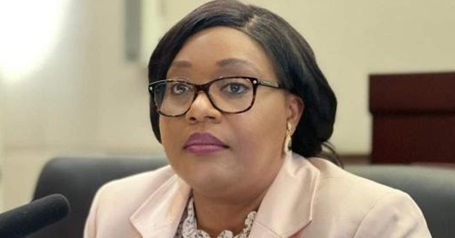MONROVIA – The recent appointment of Mr. Amos Gborie as Acting Director of the National Public Health Institute of Liberia (NPHIL) has sparked controversy due to past allegations of fraud. Mr. Joseph Wiah, Director of Communication at NPHIL, claims that Mr. Gborie was exonerated, yet the specifics of this clearance remain unclear.
The controversy erupted after Smart News Liberia published an article titled, “CONTROVERSIAL APPOINTMENT: AMOS GBORIE, SUSPENDED FOR FRAUD, NOW ACTING HEAD OF NPHIL.” The report highlighted Mr. Gborie’s suspension in August 2020, when he was Deputy Director of the Division of Environmental and Occupational Health. Alongside two others, he faced disciplinary action for allegedly issuing a fraudulent COVID-19 certificate. The certificate falsely declared a positive patient as negative, undermining public health efforts.
Dr. Masoka Fallah, then NPHIL’s Director General, had addressed Mr. Gborie in a communication that emphasized the gravity of the misconduct. Dr. Fallah outlined that accurate testing and isolation were critical strategies in controlling COVID-19, and issuing incorrect results was a severe breach of protocol.
In defense of Mr. Gborie, Mr. Wiah engaged in a heated exchange today with Smart News Liberia, arguing that his superior had been cleared of wrongdoing. However, Mr. Wiah could not specify when or by whom Mr. Gborie was exonerated. To date, there has been no public documentation or announcement from the NPHIL Board or health authorities confirming an investigation or clearing Mr. Gborie of the allegations.
The lack of transparency regarding Mr. Gborie’s purported exoneration raises questions about accountability and governance within NPHIL. The public remains uninformed about the processes that led to Mr. Gborie’s reinstatement and subsequent promotion.
This situation emphasizes a far-reaching issue of trust in public health institutions, especially when leaders face unresolved accusations. The need for transparency is crucial in maintaining public confidence, particularly in an organization tasked with safeguarding national health.
Moving forward, NPHIL must address these concerns by clarifying the circumstances surrounding Mr. Gborie’s appointment. Public accountability and clear communication are essential to restore confidence and ensure that the integrity of health practices remains uncompromised.
The public deserves answers about Mr. Gborie’s past actions and the steps taken to resolve these serious allegations. Only through transparent and open dialogue can NPHIL uphold its mission to protect and promote public health in Liberia.







